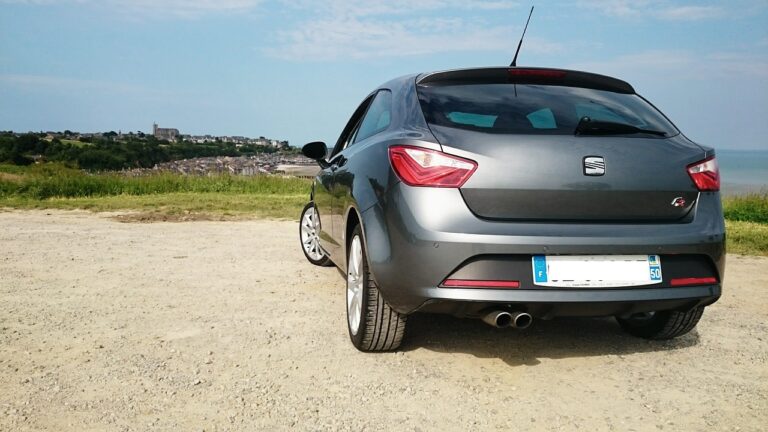The Future of Risk Assessment in AV Insurance: Betbook250, Anna 247 login, Yolo247 login app
betbook250, anna 247 login, yolo247 login app: The future of risk assessment in AV insurance is an exciting and rapidly evolving field that is revolutionizing the way insurance companies evaluate and price policies for autonomous vehicles. As the technology behind autonomous vehicles continues to improve and become more widespread, the need for accurate risk assessment methods has never been more critical.
One of the most significant advancements in risk assessment for AV insurance is the use of artificial intelligence and machine learning algorithms. These algorithms can analyze vast amounts of data collected from sensors within autonomous vehicles to predict and prevent potential accidents. By examining factors such as road conditions, weather patterns, traffic flow, and the behavior of other vehicles on the road, AI-powered risk assessment systems can provide insurance companies with real-time insights into the likelihood of an accident occurring.
Another key development in risk assessment for AV insurance is the integration of blockchain technology. Blockchain technology allows for secure and transparent record-keeping, which is essential for verifying the accuracy of data used in risk assessment models. By maintaining a tamper-proof record of all data related to autonomous vehicles, insurance companies can ensure the integrity of their risk assessment processes and provide more reliable policies to their customers.
Furthermore, the rise of telematics devices in autonomous vehicles is also transforming risk assessment in AV insurance. These devices can track the driving behavior of autonomous vehicles, including speed, acceleration, braking, and cornering, providing insurers with valuable data to assess the likelihood of accidents. By monitoring the performance of autonomous vehicles in real-time, insurance companies can adjust policy prices based on actual driving behavior, incentivizing safer driving practices among autonomous vehicle owners.
However, despite these advancements, there are still challenges facing the future of risk assessment in AV insurance. One of the most significant challenges is the ambiguity surrounding liability in the event of an accident involving an autonomous vehicle. Determining who is at fault in accidents involving AVs can be complex, as it may involve multiple parties, including the vehicle manufacturer, software developer, and the owner or operator of the vehicle. Insurance companies will need to work closely with regulators and policymakers to establish clear guidelines for determining liability in accidents involving autonomous vehicles.
In conclusion, the future of risk assessment in AV insurance is bright, thanks to advancements in artificial intelligence, blockchain technology, and telematics devices. By leveraging these technologies, insurance companies can provide more accurate and personalized policies for autonomous vehicle owners, ultimately leading to safer roads for everyone.
FAQs:
Q: How will AI impact risk assessment in AV insurance?
A: AI algorithms can analyze data from sensors in autonomous vehicles to predict and prevent accidents, leading to more accurate risk assessment models.
Q: What role does blockchain technology play in AV insurance?
A: Blockchain technology ensures secure and transparent record-keeping, verifying the accuracy of data used in risk assessment for autonomous vehicles.
Q: What are the challenges facing the future of risk assessment in AV insurance?
A: Challenges include determining liability in accidents involving autonomous vehicles and working with regulators to establish clear guidelines for insurance policies.







